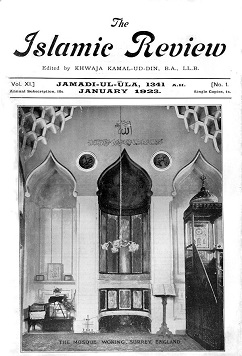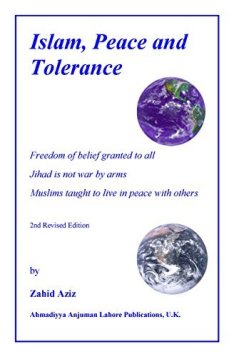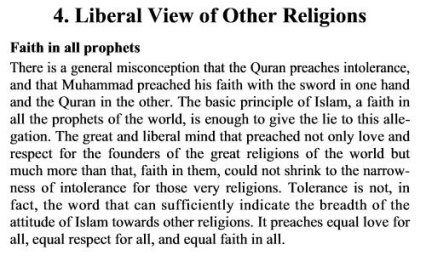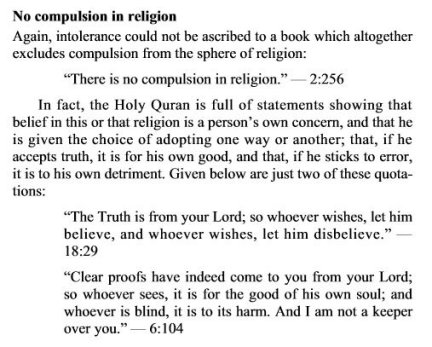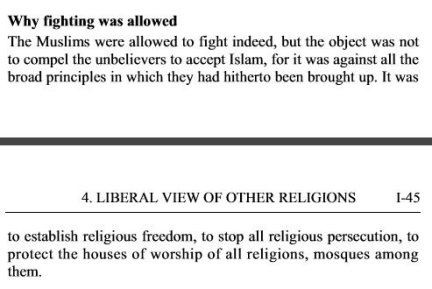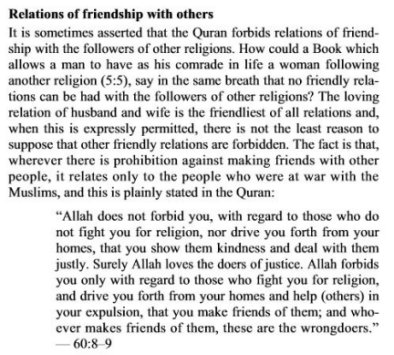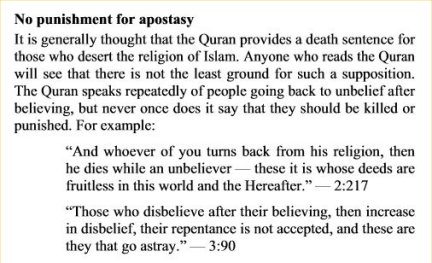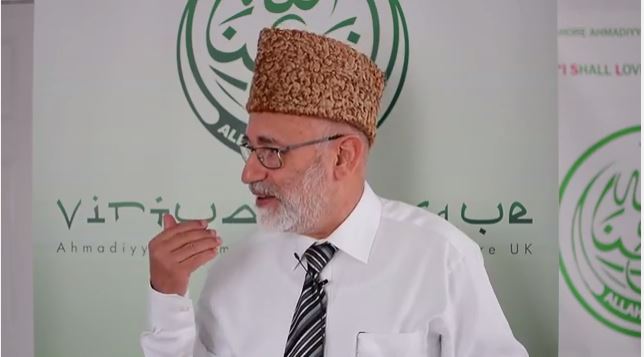Reconsidering Hadith: evaluating the sayings attributed to the Prophet Muhammad (s)
[J]ustifications for murder and violence are based on sayings attributed to the Holy Prophet which are not, in fact, reliable
Checking the sources: did the Prophet Muhammad (s) really advocate violence?
It was reported in The Guardian on 18th October 2017 that King Salman of Saudi Arabia had issued a royal order establishing a global body of elite scholars based in the holy city of Medina to identify and eliminate “fake and extremist texts”.
A senior research fellow at Chatham House, Jane Kinnimont, is quoted as saying that the Saudi authorities have been worried about extremism both as a domestic threat and as a strain on Saudi relations with the west since 9/11.
For the last 125 years the Lahore Ahmadiyya Movement and other Muslims have been debating the order of priority in which the Islamic source texts should be taken in order to determine what Islam actually says. Ahmadis have maintained that the authoritative source is the Holy Quran, because it contains the divine commands, then next in order of priority the Sunnah or actions of the Holy Prophet (s), followed by his sayings. All other sources such as the opinions of jurists and interpretations and extrapolations follow on after.
Lahori Ahmadis have also held that where a saying of the Holy Prophet (s) appears to contradict the Holy Quran then that saying needs to be checked for the reliability of those reporting it and preferably reinterpreted, but that as a final step, if the Holy Quran and the hadith cannot be reconciled, then the hadith should be rejected. Non-Ahmadis hold the opposite view, and regard the verses of the Holy Quran as having been ‘abrogated’.
All extremist interpretations of the Holy Quran and justifications for murder and violence are based on sayings attributed to the Holy Prophet which are not, in fact, reliable. They not only contradict the Holy Quran but also the actions of the Holy Prophet (s). Hazrat Mirza Ghulam Ahmad of Qadian, who founded the original Ahmadiyya Movement (of which the AAIIL or Lahore Ahmadiyya Movement claims to be the true representative), drew the attention of the scholars of Islam to this, inviting them look anew at the doctrine of jihad, for example, in the light of the Holy Quran.
In his book The British Government and Jihad he invited the Amir of Afghanistan to take urgent action in this regard, pointing out that the failure to do so woiuld damage his country. We can see today only too well the result of ignoring Hazrat Mirza Ghulam Ahmad’s advice.
The Ahmadiyya Association for the Propagation of Islam (Ahmadiyya Anjuman Isha‘at Islam) was established in Lahore in 1914 to promote the informed understanding of Islam in the West. In the UK it operated the Shah Jehan Mosque in Woking until the early 1960s. Its new UK headquarters is at Dar-us-Salaam, 15 Stanley Avenue, Wembley, HA0 4JQ, UK. In 1924, in Berlin, it built the first mosque in Continental Europe of the modern era. The Berlin Mosque is now recognised by the German government as part of the German national heritage. From its European and other centres around the world this organisation has taught that Islam promotes peace, harmony and mutual respect between all communities and nationalities.
Press release distributed by Pressat on behalf of The Ahmadiyya Anjuman Ishaat Islam Lahore (United Kingdom), on Sunday 22 October, 2017. For more information subscribe and follow https://pressat.co.uk/
Islam Quran Hadith Jihad Muhammad Muslims Saudi Arabia King Salman Lahore Ahmadiyya Mirza Ghulam Ahmad Extremism Violence Afghanistan Fake Texts Charities & non-profits Education & Human Resources Government Lifestyle & Relationships Media & Marketing Opinion Article Public Sector & Legal
Published By

07976 312618
info@aaiil.uk
https://www.aaiil.uk
PRESIDENT AAIIL(UK)
Tel: 01793 740670
E-mail: President@aaiil.uk
Website: http://www.virtualmosque.co.uk
Visit Newsroom
You just read:
Reconsidering Hadith: evaluating the sayings attributed to the Prophet Muhammad (s)
News from this source:


